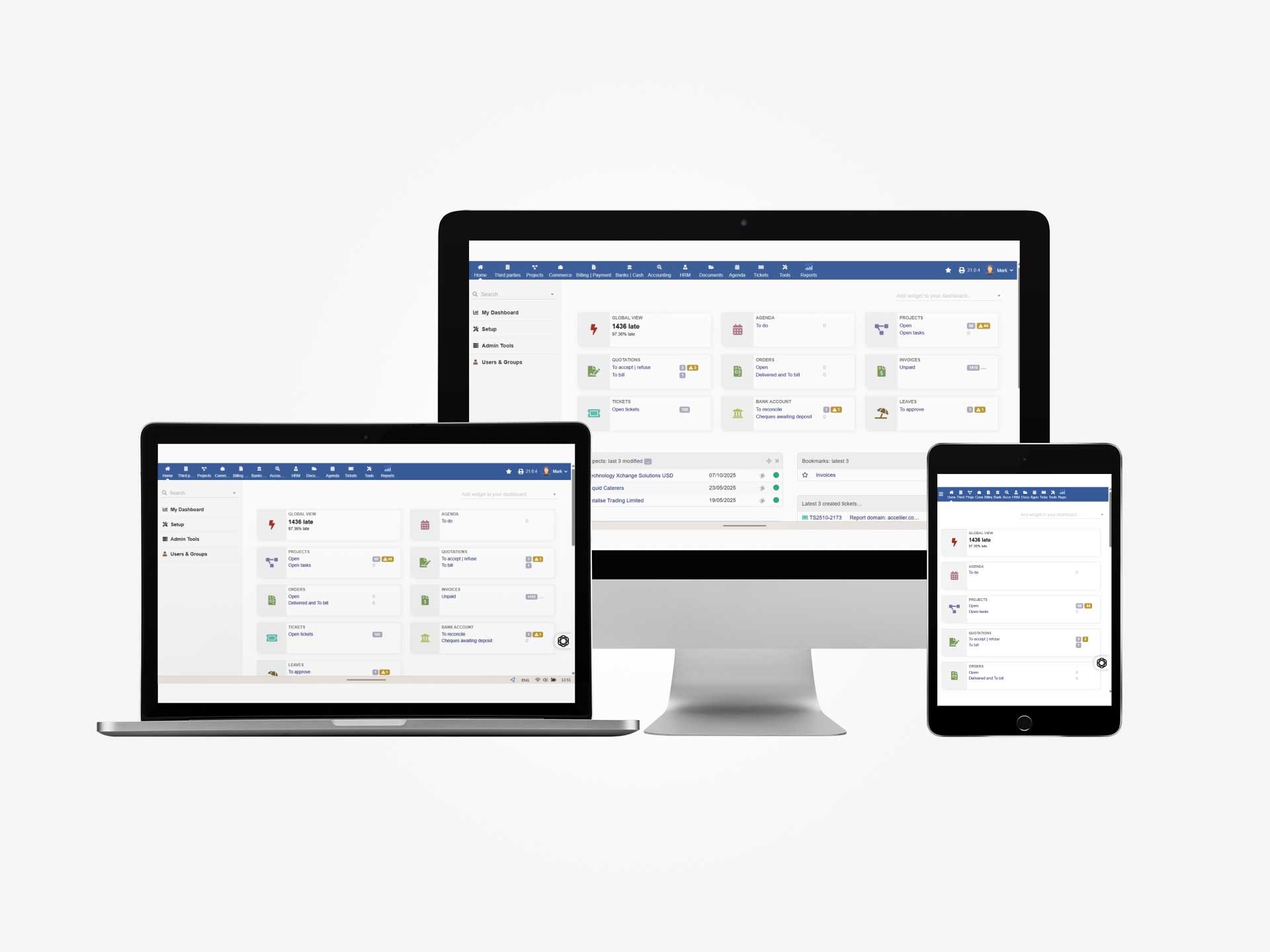Powerful ERP for Small Ecommerce Businesses
Empowering Small Ecommerce Businesses with Scalable ERP Solutions
In today’s competitive manufacturing landscape, startups and small ecommerce businesses face unique challenges—limited resources, evolving market demands, and the need for agility. Implementing a cloud-based Enterprise Resource Planning (ERP) system can be a transformative solution, enabling small ecommerce businesses to integrate various business processes into a unified platform, enhancing efficiency, and driving growth.
What Is ERP for Small Ecommerce Businesses?
Enterprise Resource Planning (ERP) is an integrated software platform that consolidates various business functions—such as finance, human resources, supply chain, and manufacturing—into a single system. For small ecommerce businesses, ERP systems facilitate the seamless flow of information across departments, ensuring that data is accessible, accurate, and up-to-date.
ERP in the Ecommerce Context
In ecommerce, ERP systems are tailored to manage specific processes, including:
- Production Planning: Streamlining scheduling and shop floor operations.
- Inventory Control: Real-time tracking of raw materials and finished goods.
- Procurement: Managing supplier relationships and purchase orders.
- Quality Assurance: Ensuring products meet industry standards and customer expectations.
- Compliance: Adhering to industry regulations through systematic documentation and reporting.
By integrating these functions, ERP systems help small ecommerce businesses enhance efficiency, reduce operational costs, and improve product quality.
Why Cloud-Based ERP Is Ideal for Small Ecommerce Businesses
Cloud-based ERP solutions offer several advantages over traditional on-premise systems, making them particularly suitable for small ecommerce businesses:
- Cost-Effectiveness: Lower upfront costs with subscription-based models eliminate the need for significant capital investment in hardware and infrastructure.
- Scalability: Easily adjust resources and functionalities as your business grows, without the need for extensive system overhauls.
- Accessibility: Access your ERP system from anywhere with an internet connection, facilitating remote work and multi-site operations.
- Automatic Updates: Benefit from regular software updates and new features without manual intervention, ensuring your system remains current.
- Enhanced Security: Cloud providers invest heavily in security measures, offering data protection that might be cost-prohibitive for small businesses to implement independently.
By integrating these functions, ERP systems help small secommerce businesses enhance efficiency, reduce operational costs, and improve product quality.
Key Features of ERP Systems for Small Ecommerce Businesses
Implementing an ERP system offers small ecommerce businesses a suite of tools designed to optimize operations:
Production Management
Streamlines scheduling, shop floor control, and workflow management to enhance production efficiency.
Inventory Management
Provides real-time tracking of raw materials and finished goods, reducing overstock situations and stockouts.
Quality Control
Ensures products meet industry standards and customer expectations through integrated quality management modules.
Supply Chain Management
Enhances coordination with suppliers and distributors, leading to improved procurement and distribution processes.
Financial Management
Automates accounting tasks, budgeting, and financial reporting, offering a clear view of the company's financial health.
Customer Relationship Management (CRM)
Manages customer interactions, sales processes, and service inquiries to boost customer satisfaction.
Benefits of Implementing ERP in Small Ecommerce Businesses
- Operational Efficiency: Automates routine tasks and reduces manual data entry, leading to faster and more accurate operations.
- Data Accuracy and Accessibility: Centralizes data storage, ensuring that all departments access consistent and accurate information.
- Cost Reduction: Identifies inefficiencies and waste, allowing for cost-saving measures in production and procurement.
- Scalability: Supports business growth by accommodating increased production volumes and expanded operations without compromising performance.
- Regulatory Compliance: Assists in adhering to industry regulations and standards through systematic documentation and reporting.
Selecting the Right ERP System
- Business Requirements: Assess specific needs, such as the complexity of manufacturing processes, to ensure the ERP system aligns with operational demands.
- Budget Constraints: Evaluate the total cost of ownership, including implementation, licensing, and maintenance expenses.
- User-Friendliness: Opt for systems with intuitive interfaces to facilitate user adoption and minimize training requirements.
- Customization and Flexibility: Ensure the ERP system can be tailored to unique business processes and can adapt to future changes.
- Vendor Support and Reputation: Research the vendor's track record, customer support quality, and commitment to ongoing development.
Our ERP Solutions for Small Ecommerce Businesses

Thrive ERP
Thrive ERP is a modern, cloud-based enterprise resource planning solution designed for growing ecommerce businesses. It helps organizations streamline operations, manage inventory, track finances, and improve team collaboration from one unified platform. With real-time analytics and customizable modules, Thrive ERP empowers businesses to make data-driven decisions and scale efficiently.

Dolibar ERP
Dolibarr ERP is an open-source ERP and CRM software tailored for small ecommerce businesses. It offers a wide range of features including accounting, invoicing, inventory, project management, and HR. Its simple interface, flexibility, and strong community support make it a cost-effective solution for ecommerce businesses looking for an all-in-one management tool.
Case Studies of ERP Implementation in Small Ecommerce Businesses
Case Study 1: ERPNext in a Small Ecommerce Business
A small ecommerce business implemented ERPNext to integrate their operations. The open-source nature of ERPNext allowed for customization to fit their specific needs, resulting in improved inventory management and production scheduling. The company experienced a 20% reduction in lead times and a 15% increase in on-time deliveries.
Case Study 2: NetSuite ERP in a Growing Ecommerce Business
Conclusion
For small ecommerce businesses, implementing a cloud-based ERP system is a strategic move towards operational excellence and sustainable growth. By integrating various business processes into a unified platform, small ecommerce businesses can enhance efficiency, reduce costs, and improve decision-making capabilities. When selecting an ERP solution, it’s essential to consider factors such as scalability, customization, and vendor support to ensure the system aligns with your business needs and growth objectives.
If you need assistance in choosing the right ERP system tailored to your specific ecommerce processes and business goals, feel free to contact us for a personalized consultation.
